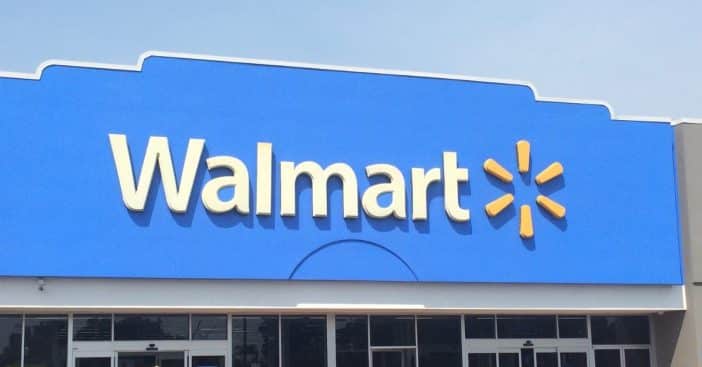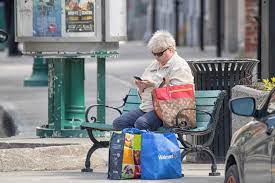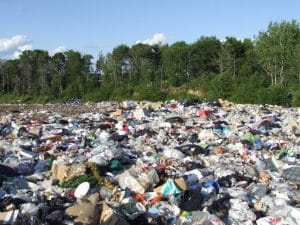
Across the nation and globe, stores are phasing out single-use plastic bags. In the aftermath of this new policy, retailers have had to come up with alternatives. For Walmart, that involves going bagless but providing reusable blue bags. Some customers have found a setback that could use addressing with this new approach, though.
Getting too much of a good thing is definitely possible, it seems, both for single-use bags and reusable ones. Customers are complaining they have too many reusable bags than they know what to do with, while plastic bags take 300 years to photodegrade. Here’s where stores and shoppers are with these new changes to reach a happy, sustainable, safe medium.
Customers say they’re swimming in reusable Walmart bags

Plastic bags have been steadily disappearing from numerous shops, from home decor sellers to grocery stores. Some offer paper as alternatives while others are going almost completely bagless. That’s almost because Walmart is one of the venues offering a reusable substitute – the famous blue Walmart bag. “Walmart has been exploring alternatives to single-use carryout bags from our stores since 2021,” shares Walmart global communications director Laura Willis. “In the U.S., we have transitioned from plastic bags in Vermont, Maine and New Jersey and, starting early 2023, we expect to eliminate single-use carryout bags in Colorado as well—with reusable bags available for purchase at multiple prices … Walmart remains committed to identifying solutions that are scalable, convenient and sustainable.”
RELATED: A Grocery Store’s Strategy To Shame Customers Into Using Reusable Bags Backfires
The idea and motivation won over shoppers, as one Twitter user said, “Really appreciate the fact that @WalmartCanada has phased out plastic bags for recyclable ones,” but notes that they’ve now acquired more than they can ever use. “There is no way I can reuse all of them. If Walmart can have a takeback program to reuse them that would be nice,” they suggested.
Costs in both directions

Reportedly, according to a 2020 United Nations study, bags like Walmart’s reusable ones cost more energy to produce and would need to be used 10 to 20 times to make up for the requirements to make them and be less damaging to the environment. Part of the problem, says one customer, is that while they appreciate getting a reusable bag from every Walmart order, it’s “just plain wasteful.”

On the other side of the issue is the cost on the environment keeping plastic bags around – because they really like to stick around. When plastic bags gradually break down, they become tiny toxic particles that contaminate soil and water supplies, then end up in animals – including ones people eat – when they’re consumed by wildlife. It’s also reported that every day, sea life is killed by plastic bags, one of the top 12 pieces of pollution found along international coastlines. A solution is important, but have retailers found the right ones yet?

